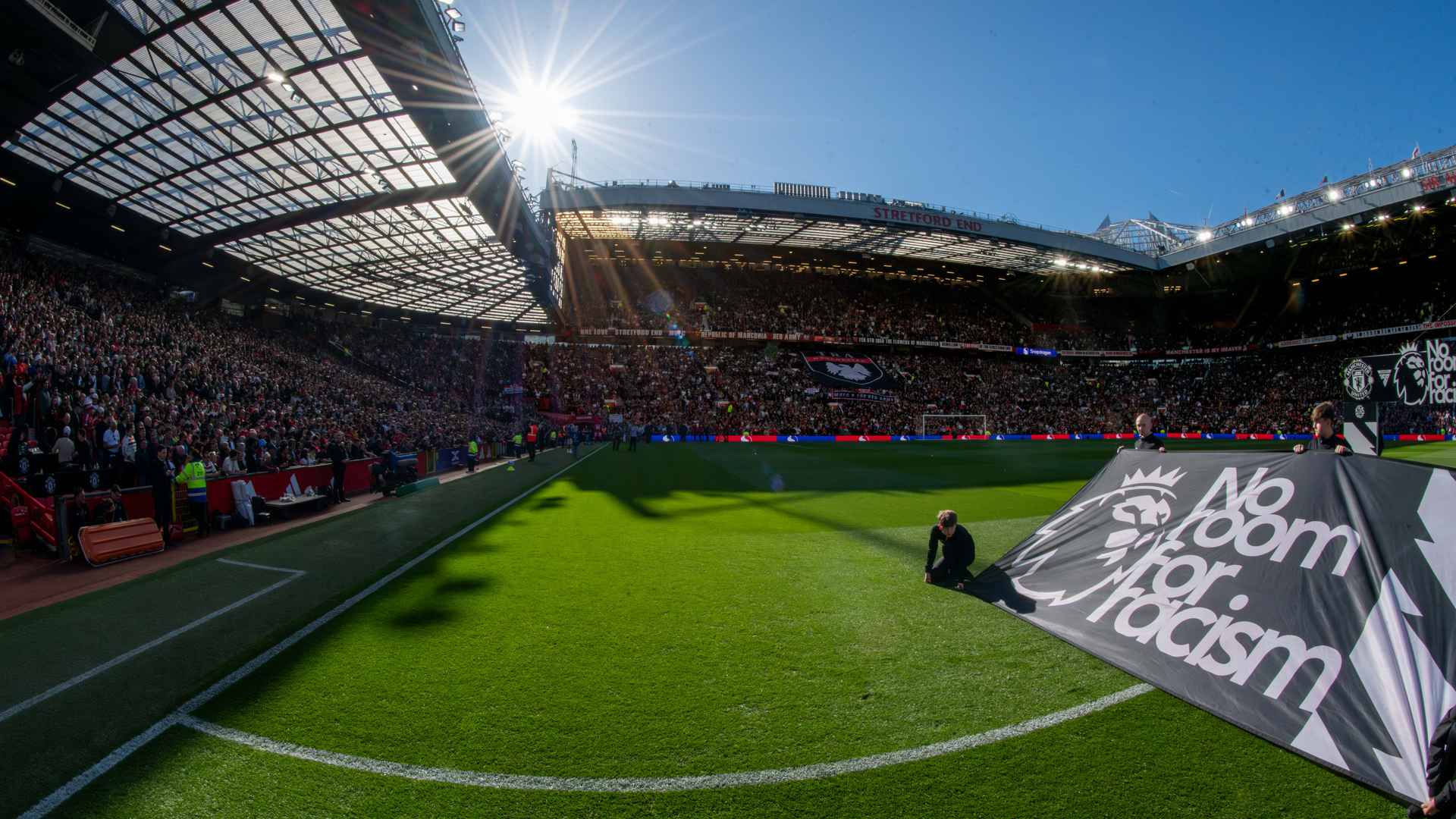Sports
When Premier League is due to start and end in 2026/27?

“The season will conclude one week prior to the UEFA Champions League final which will be played on Saturday 5 June 2027.
“The 2026/27 season will consist of 33 weekends and five midweek match rounds. The Premier League schedule will be designed to avoid domestic competition clashes with UEFA club competition dates, wherever possible.
“Over the Christmas and New Year period, no two match rounds will take place within 60 hours. This is in keeping with commitments made to clubs to address the congested Christmas and New Year schedule within the expanded international calendar.”










